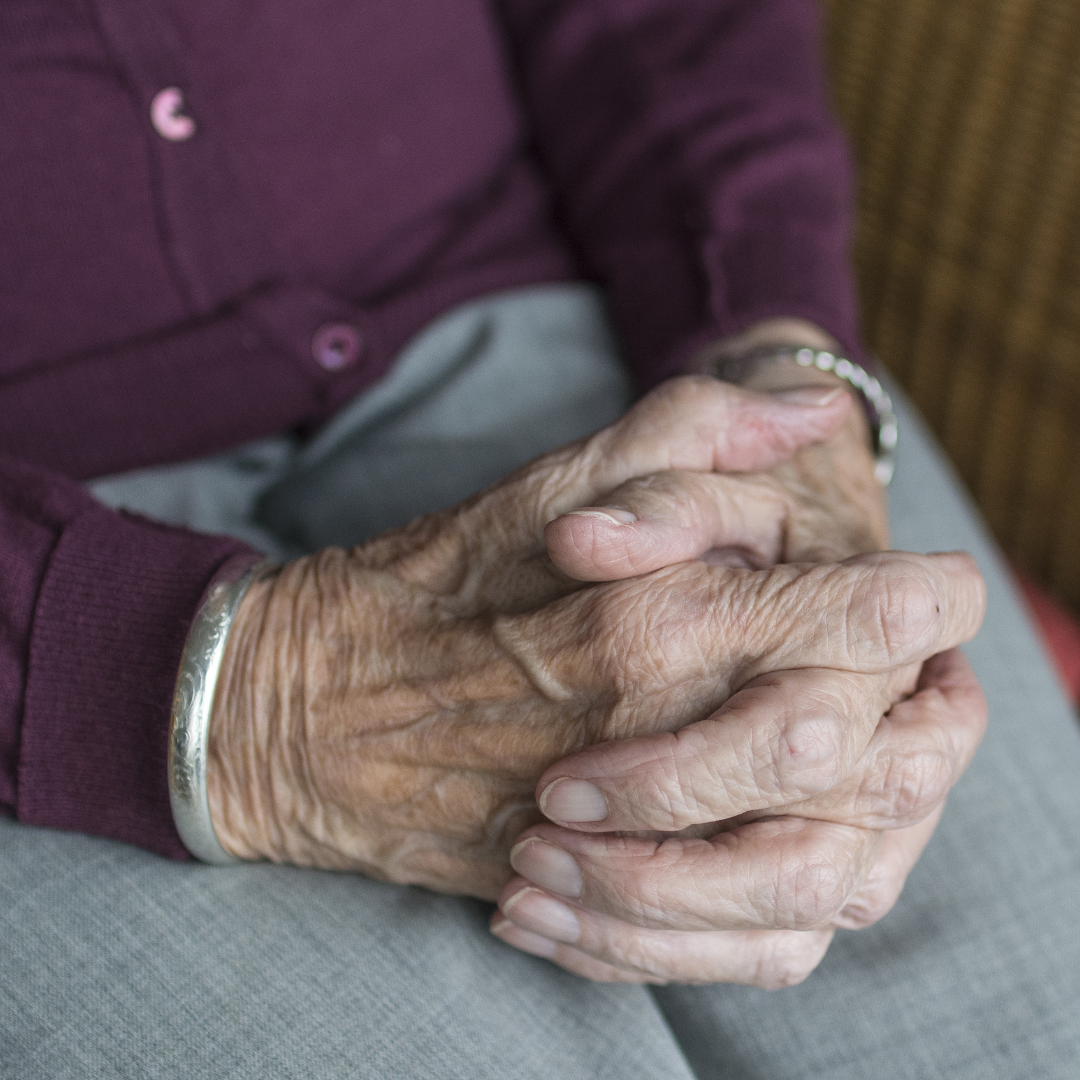End of life care is support for people who are in the last months, weeks or days their lives.
Care at the end of life is given to improve the quality of life of patients who have a life-limiting (terminal) condition. Palliative care is the treatment, care and support of a person from when they are first diagnosed with a life-limiting (terminal) condition. Care at the end of life is part of palliative care and is the treatment, care and support people receive as they're nearing the end of their life.
The goal of palliative care is to prevent or treat, as early as possible, the symptoms and side effects of the life-limiting condition and/or the treatment of the life-limiting condition.
Different health and social care professionals are involved in palliative and end of life care. Understanding how these professionals can help you and knowing what is available in your area, can help you access the best care for you or your loved one.
Care at the end of life should be person-centred. This means identifying and meeting a person’s individual physical, psychological, social and spiritual needs. Most people will have a range of needs and it might take different members of a multidisciplinary team to manage them all.
This is why someone who is living with a terminal illness will have different health and social care professionals, volunteers, as well as friends and family members, all involved in their care.
In Birmingham and Solihull, our vision for care at the end of life is the delivery of compassionate services for all of our diverse communities, which supports patients and their loved ones to access care and support at the end of life in the setting of their choosing, in a planned and pro-actively supported way.
This page has been co-designed to give Birmingham and Solihull people, carers and families information and to provide health and social care professionals with helpful resources and guidance to support with the effective delivery of care for patients at the end of their lives.
